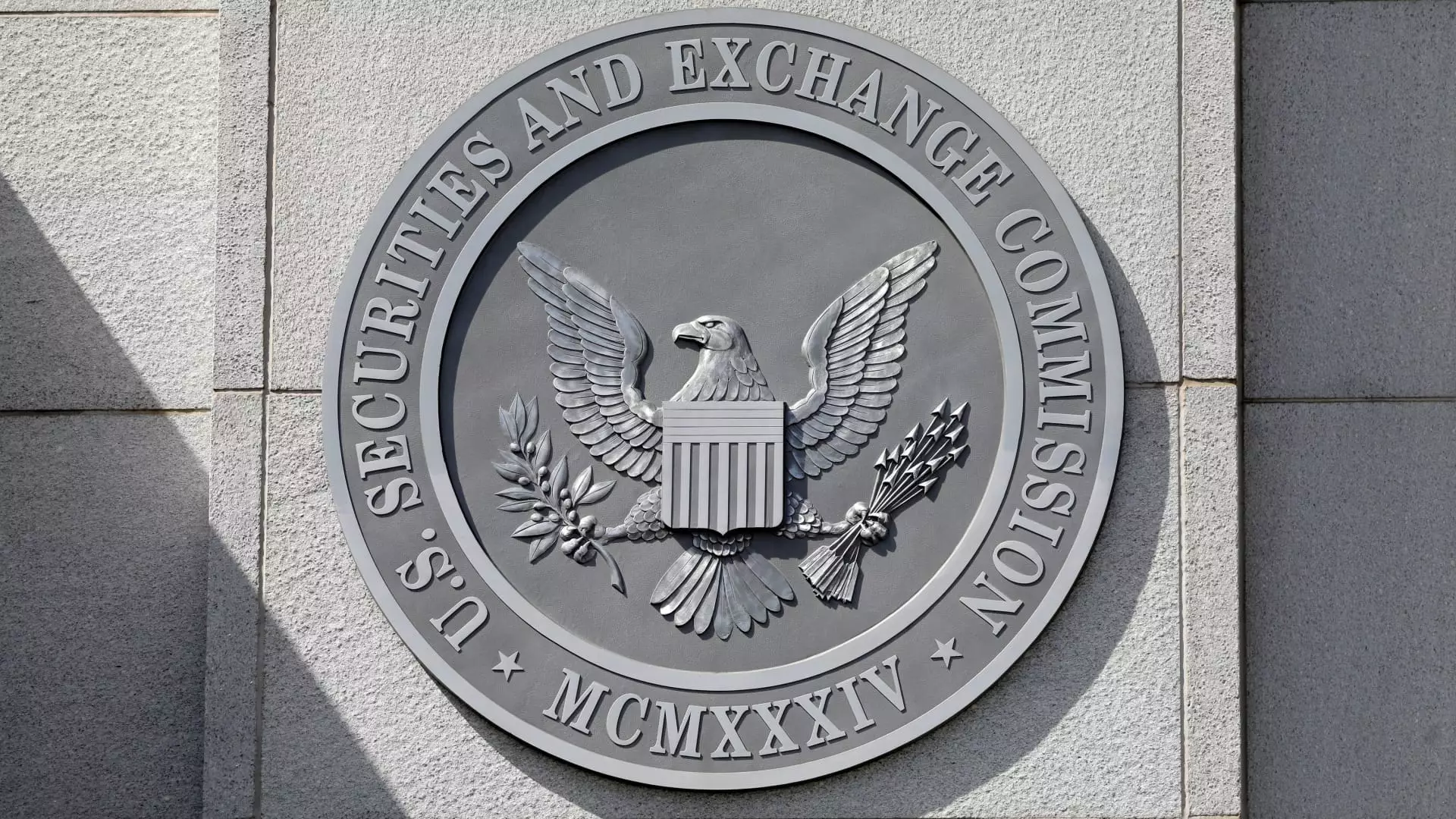The U.S. Securities and Exchange Commission (SEC), the primary regulatory body overseeing the securities industry, has been undergoing significant procedural changes since the appointment of new leadership under President Donald Trump. Recent revelations indicate that lawyers within the SEC are now required to seek permission from politically appointed officials before pursuing formal investigations. This shift marks a notable departure from previous practices and raises questions about the implications for regulatory oversight and enforcement efficacy.
Sources within the SEC have disclosed that enforcement staff will now require the Commission’s approval for all formal orders of investigation. Such formal orders are crucial as they enable the issuance of subpoenas for testimony and documents, fundamental components of comprehensive investigations into securities violations. Historically, this authority was delegated to lower-level staff, allowing for a more streamlined and autonomous investigative process. Under the current operational leadership comprising two Republican commissioners and one Democrat, this newfound necessity for higher-level approval may significantly affect the pace and scope of SEC investigations.
Traditionally, the SEC has operated with an oversight structure where five commissioners, including a chair, collaborate on major decisions. The fact that the current commission is operating with just three members – including Acting Chair Mark Uyeda – underscores a potentially stifling effect on the regulatory agency’s responsiveness to pressing market issues.
Proponents of the procedural changes argue it will help mitigate harm to individuals under investigation by ensuring a higher level of scrutiny before formal probes are initiated. However, critics contend that this may encumber the SEC’s ability to act swiftly and effectively against wrongdoing in the financial markets. The past approach enabled SEC staff to initiate formal investigations at a lower level, facilitating the agency’s ability to react promptly to emerging threats or misconduct.
The centralization of decision-making may lead to delays in launching investigations, raising concerns about potential negative consequences for market integrity. Investigative agencies are often critiqued for being drawn into lengthy deliberation period, which may allow unlawful behaviors to persist in the absence of timely intervention.
This shift in policy is not unprecedented; it reflects an ongoing trend seen during different administrations. Under previous leadership, the SEC had bestowed investigation initiation authority upon enforcement directors and senior staff—a move aimed at expediting responses to violations. In contrast, the current administration appears committed to a more cautious approach. Speculation within the SEC community is rife regarding whether this change indicates a broader redirection towards a less aggressive enforcement stance in line with industry lobby efforts.
As reiterations of this approach unfold, it is crucial to consider the ramifications of intertwining politics with regulatory oversight. The strategic shift from an operationally nimble enforcement structure towards one that is more hierarchical hints at a regulatory framework that could be more sympathetic to corporate interests.
The SEC’s operational dynamics reflect broader political changes, including President Trump’s executive order aimed at ending what was described as the “weaponization” of the federal government. Although the intention behind this order was to ensure fair treatment under federal jurisdiction, its translation into operational practices at the SEC remains ambiguous. How these changes influence the SEC’s interactions with businesses and the regulatory landscape overall is yet to be determined.
The appointment of Paul Atkins, pending confirmation as SEC chairman, signals further shifts in the agency’s enforcement posture. Atkins is expected to steer the Commission away from the previous administration’s regulatory strategies, impacting the balance between oversight capabilities and industry compliance.
As the SEC embarks on this new procedural path, the ultimate test will be its ability to conduct thorough and timely investigations against a backdrop of heightened political oversight. The effects of this change on market regulation are likely to reverberate throughout the financial sector and beyond. Stakeholders will need to closely monitor how this evolving framework influences both enforcement protocols and investor protections in the coming months and years. While there is a legitimate need for careful oversight, ensuring that regulatory authorities retain the agility necessary to respond to real-time challenges in the dynamic financial landscape will be critical for maintaining market integrity.


Leave a Reply